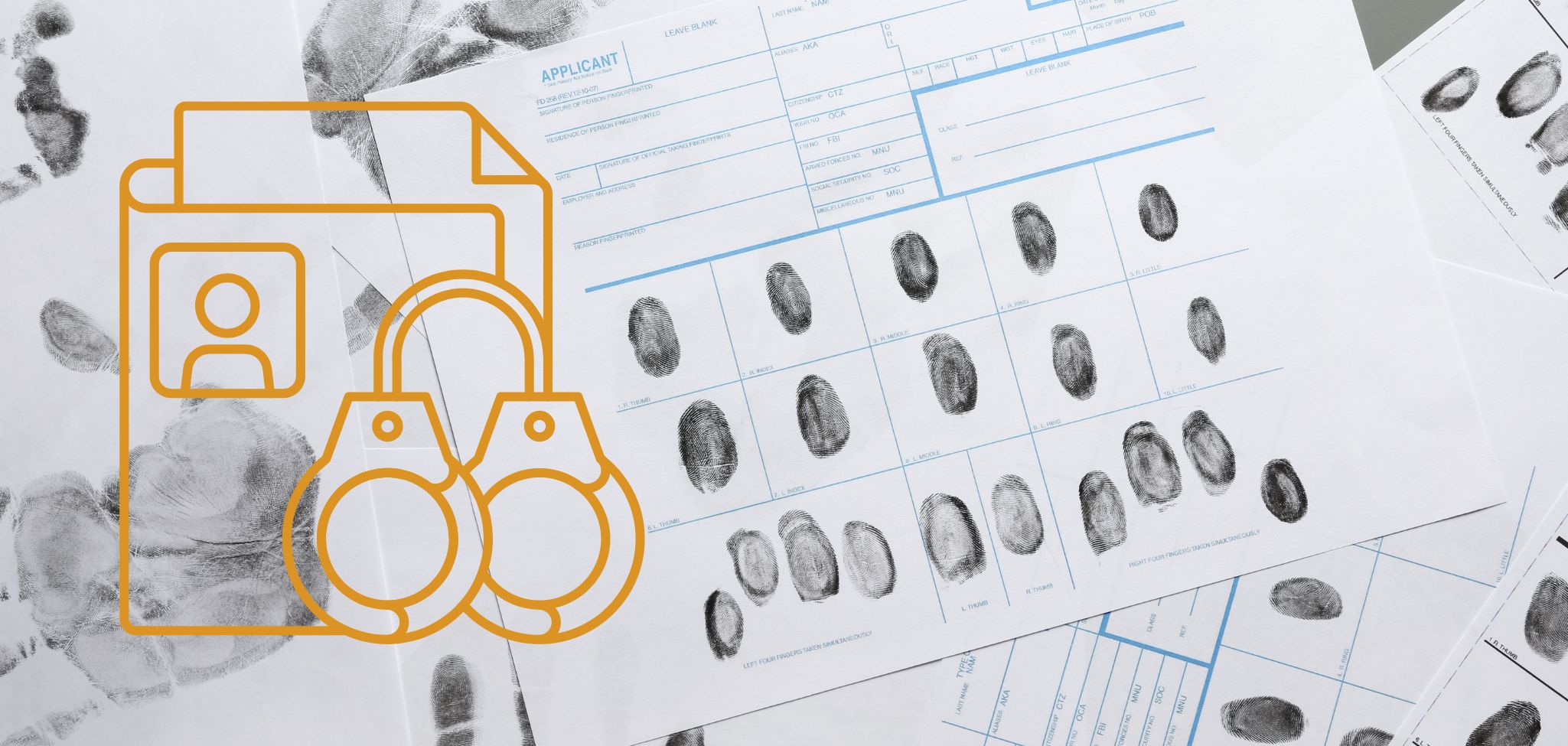Unlike the Miranda rights read out to Americans when they are arrested, in Australia the police do not necessarily need to read out your rights to you; so it is important that you know them! Whilst you have the right to remain silent when questioned prior and during legal proceedings especially if you would be incriminating yourself, if you are being charged with an indictable offence, it is sometimes important not to suppress facts that you wish to rely on later in your defence. It is therefore imperative that you seek counsel from an expert criminal lawyer to advise you on your rights and what you must and must not divulge to the police.
Right to silence when arrested
In a criminal matter there is an essential premise of a right to silence that is qualified to some extent by the police issuing a form of demand or administering a special caution. You also have the right to contact a lawyer and have them present for any investigation, the right to medical attention, if necessary, the right to contact a friend or family member and the right to utilise an interpreter, if necessary.
Compromising your right to silence
So never discuss your case with anyone except your lawyer and do not communicate details of your case via email, SMS, or social media as you are most likely compromising the protections afforded to you by the law to a right to silence.
Should I give a statement to police to prove I am innocent?
Do I have a right to silence as a witness
Whilst the right of silence has been heavily exploited by criminals who know how to use this law in their favour, it does not protect victims and witnesses who expect retribution from offenders because they do not qualify for the right because they themselves are not being charged.
Do I have to give a Police Statement if I am not accused or charged?
Making a false statement to the police
- ACT – sections 336A and 337 of the Criminal Code 2002
- NSW – section 85 of the Criminal Procedure Act 1986
- Northern Territory – section 68A of the Summary Offences Act 1923
- Queensland – sections 193 and 194 of the Criminal Code 1899
- South Australia – sections 242 and 243 of the Criminal Law Consolidation Act 1935
- Tasmania – section 113 of the Criminal Code 1924
- Victoria – section 53 of the Summary Offences Act 1966, and
- Western Australia – section 169 of the Criminal Code Compilation Act 1913.

 (02) 8806 0866
(02) 8806 0866





